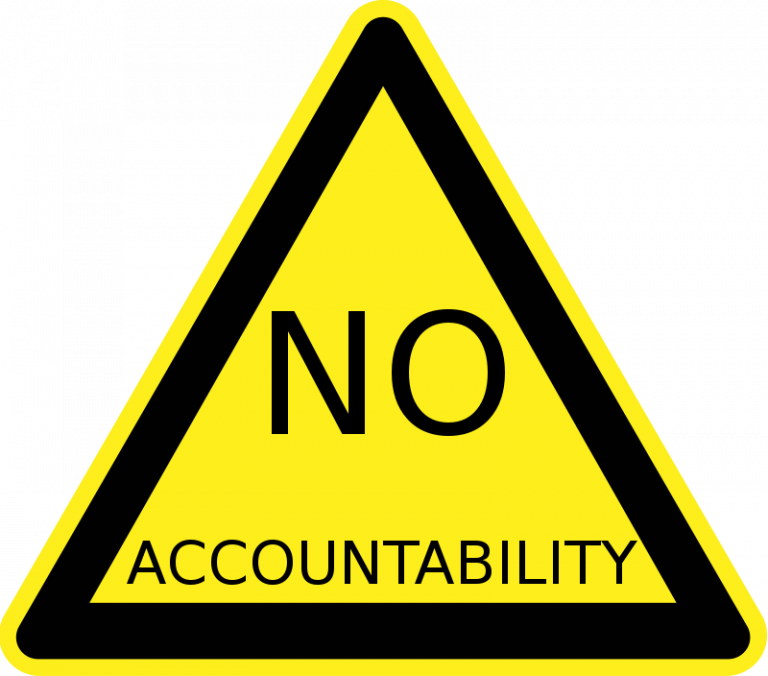Public Policy and Prophecy
John has an interesting post over at Locusts and Honey titled The Bible, Politics, and Pseudoprophecy. Though there have clearly been some extended exchanges, I haven’t followed them closely, so I’m not 100% certain what John means by Pseudoprophecy, but I think he makes a number of good points. I’d like to comment a bit further.
First, prophecy is a term that gets used in various contexts. The prophets of Old Testament times often spoke of social justice and challenged the authorities over that. As a result, voices that call for justice against the prevailing view in society are labeled “prophetic” and this activity is called “prophecy.”
But while words do commonly get used in different contexts, if one tries to apply the definition appropriate to one context in a different one, one will simply get confused. There are many aspects of Biblical prophecy, and also of the type of ongoing prophecy that takes place in Charismatic and Pentecostal churches. One of those aspects is a call for social justice. But nobody in Biblical times would have accepted “a person who cries out for social justice” as a good definition of a prophet. A prophet was someone who spoke for God, and a prophecy was a message spoken for God, most commonly in words that were attributed to God. The key to the identity of a prophet was the “ne’um YHWH,” the message of YHWH, and not the content of the message.
So not every person who calls for something good is speaking prophetically. They may well be speaking correctly, they may be giving an important message, but the critical element is whether they are giving a message that comes from God to apply to that situation.
Now if we look at the public policy situation, we can ask just how the prophetic word applies to the particular political situation. There is where one can easily get into trouble. Jonathan comments that we should preach it if it is Biblical. But this doesn’t respond, in my view, to John’s original problem. The Bible doesn’t say that much about public policy directly. We can look at Israelite policy, but at a minimum we must admit that Israel’s circumstances were substantially different than ours, and thus we must look for the principles and apply them to our current situation.
For example, if we look at Israel’s immigration policy (Leviticus 19:33-34), we also have to look at their welfare policy (Deuteronomy 24:17-22). We can only create a coherent replication of the intent of those two policies by seeing how they apply under our circumstances. (Note that I do not intend to present my two references as an exhaustive study of the particular policies, just as a general directional arrow.)
When we try to apply these principles we get into much larger debates. We can generally agree that murder is bad, though we disagree on the definition. Is abortion murder? Is it murder if you kill someone who is robbing your house? Then we further get into differences of opinion on how best one prevents murder. Is the death penalty appropriate? In my experience both death penalty proponents and opponents claim to respect life. I honestly believe they both do. They just believe in different policies for accomplishing their goal.
We all agree, I think, that Jesus wants us to care for the poor. Do we do that by supporting public welfare programs or through private efforts? Is it possibly some combination?
In Ben Witherington’s post on gun control he asks:
My question is— are their ethical teachings in the New Testament that have a bearing as to whether Christians, as private citizens, should be bearing arms?
I would say that yes, there are ethical teachings. But do you notice the gap here? Witherington’s answer will be that we should not be bearing arms. But I can still see quite a difference between the ethical imperative for me, as a Christian, and the public policy issue. I personally do not own a gun. I am capable of firing one with substantially above average accuracy, but I would hardly be called a sharpshooter. But I don’t believe that my ability to make a decision to use a firearm in an emergency situation would be accurate enough to make me safe. So I’ve got a couple of reasons not to own a weapon. But is there an automatic link to public policy? I don’t see it. Personally, I think the idea that anyone can own any weapon is silly (not immoral, silly), and that substantial controls over the use of dangerous devices such as firearms is appropriate and necessary. But those who disagree with me–and in my area that’s a substantial number–do not do so because they think murder is good.
It’s easy to agree on the idea that if it’s Biblical we’ll preach it. But the further one goes into public policy, the less clear it is just what is Biblical. I see a huge amount of proof texting in this whole area. If we can draw principles for Israelite policy, then surely we should support the death penalty, executed in a public and painful way. Yet most of us do not. But if we support one Biblical idea, how is it that we can oppose another? Actually, it’s very easy. There’s the context, the time, the place, and all other circumstances.
I believe that Christian principles can inform public policy, and that as Christians we should be implementing those principles when we engage in public policy. What I don’t see is any way in which the Bible clearly sets the specific public policy position we need to take. Gun control, death penalty, pacifism, social welfare, and other issues must be argued on on a basis other than proof texts.


I would say that yes, there are ethical teachings. But do you notice the gap here? Witheringtons answer will be that we should not be bearing arms. But I can still see quite a difference between the ethical imperative for me, as a Christian, and the public policy issue.
Exactly. Even if we accept that Christians should not bear arms, that does not mean that Christians may (ironically) use force to prevent others from doing the same. Christians should not worship false gods, but to follow Witherington’s logic, Christians should also seek the ban of all religions except their own.
Henry, one issue which you have perhaps deliberately and wisely avoided here is the one of whether we should take our Christian ethics from the Old Testament or from Jesus’ teaching such as in the Sermon on the Mount. I certainly don’t want to tackle this controversial issue in this comment. But we can’t decide whether things like the death penalty are “biblical” without deciding how far we should be bound by Old Testament ethics.
Indeed, and Peter Kirk’s comment (following) brings up yet another issue.
Oh, that’s a topic I’ve touched on a few times, and you’re right to leave it aside at this point. One thing it illustrates, however, is how Christians can intend to apply Biblical commands to public policy and yet disagree quite reasonably about what the application actually is.
Actually I meant to say “you’re right I intended to leave it aside.” I meant that it was certainly not an accidental omission.